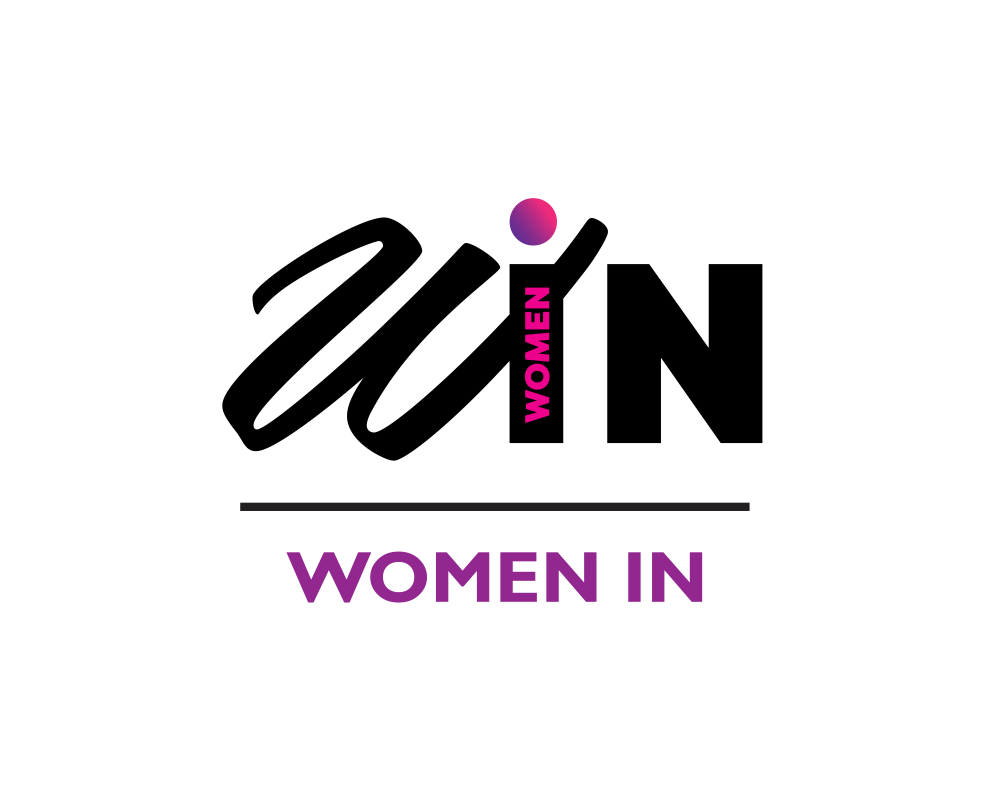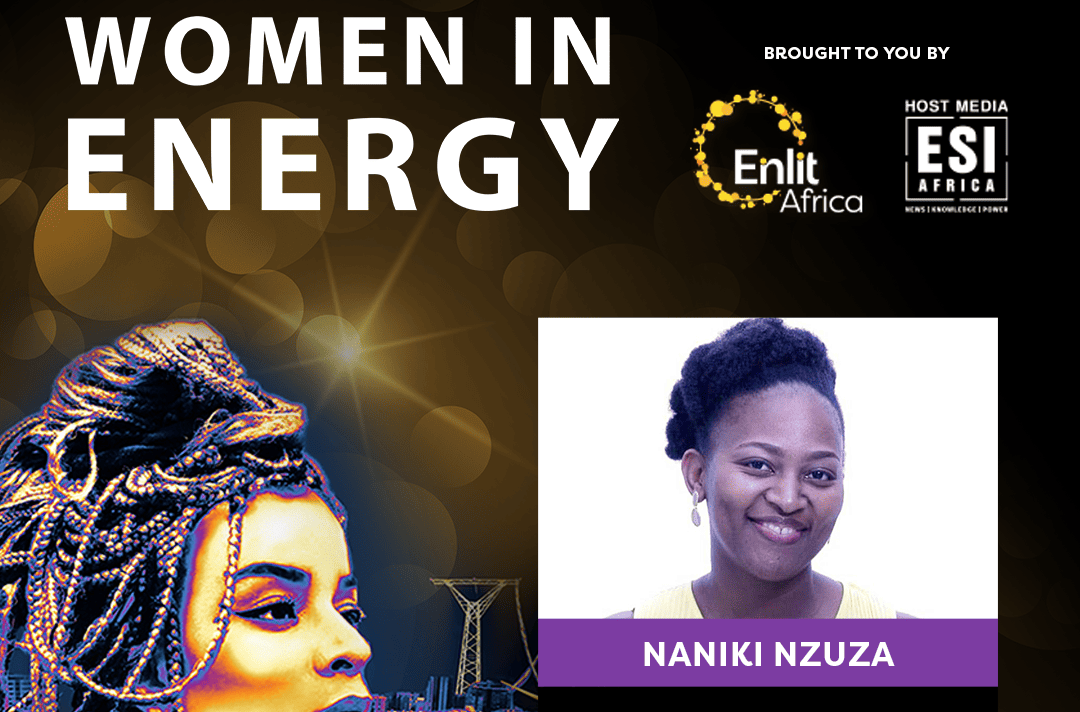Bio
Ms Naniki Nzuza is an accomplished professional engineer and a subject matter expect in the energy industry with over 18 years of experience in power system planning & operations. She holds an Electrical Engineering degree and a post graduate Project Management diploma from the University of Cape Town.
Currently, Naniki is a Senior Grid Manager with Mulilo Renewable Project Developments providing technical leadership & oversight on grid integration for a portfolio of projects. Prior to this she led the Network Operations department at Eskom Distribution in the Western Cape where she was instrumental for grid integration of renewable projects in the Western and Northern Cape grid.
Naniki is passionate about paving the way for the next generation of leaders. she is involved in a number of mentorship programmes for young girls to encourage them into the STEM career stream.
Questions
How did you end up in the energy sector and what advice would you give to other women wanting to follow a similar career trajectory?
I had a passion for Mathematics and Biology (now Life Sciences) in High School, while researching careers in grade 11 I happened upon a career that would merge these two which was Biomedical Engineering. At that time only UCT and Stellenbosch offered this however at postgraduate level so I had to embark on a undergraduate degree first in either Electrical, Mechanical and to some extent Chemical Engineering. The lesser evil of these was Electrical Engineering and that was how I got wooed into this industry and never left. Primarily because I believe in seeing tangible effects of my day to day job to the larger community and what better way than seeing communities with lights on!
My advise to other women would be to not doubt your brilliance and continue working on your craft. The adjustment from high school to university was my first biggest challenge and I almost gave up in first year but I persevered so I would say push through the pain points and you will succeed. To be momentarily comfortable with being uncomfortable, resilience has been my anchor through uncertain periods in my career journey.
How do you think men can support a more equal workplace as well as help accelerate women in their careers
Men can be allies to female colleagues in workplaces in more ways than one. We shouldn’t see each other as competition or one being better than the other. Both parties can offer something to the table in their respective and unique ways – We should complement and not compete! I have been fortunate through the early years of my career to have mentorship from both males and females. Support in the simplest ways such as ensuring ‘a seat’ for the female protégé or colleague in rooms can go a long way (Exposure can be the catalyst for growth). Men can be allies by advocating for women when they are in the room or not.
In your opinion, why do you think the energy sector in its current state has less female representation and do you see it increasing?
I believe the genesis for it is from STEM subject throughput from high school. Organisations that foster and provide tutoring for student in the STEMS subject are to be lauded. That will provide the requisite pool of talent into the energy sector – not just engineering, but financial and other disciplines. I do believe the picture has changed somewhat be it not significantly. And there is definitely much room for increasing the representation of women in the sector.
This is still a very male-dominated sector which can at times portray male-favouring workplace culture in some cases where it can be expected for females to be domineering, competitive and risk-takers. Women can still be their authentic selves while delivering on the job mandate or they can choose without the pressure of ‘putting on the pants’. And be allowed to ‘wear the pants’ if they choose to without being labelled otherwise.
What message do you have for other women entering a male-dominated sector?
You have to be comfortable to face seasons of discomfort of going into the unknown. By this I mean donning hard hats and boots and working sometimes exposed to harsh environmental elements (Northern Cape Sun or in the Wild Wild West of Laingsburg:-). You have to find your voice and use it not only for yourself but to inspire others to find theirs. Be your sisters keeper – we have to rally around each other as women in the industry, because her win is my win too.
What recent successes give you hope for Africa’s energy industry?
The new national transmission company that recently attained a NERSA license. I believe there’s positives to this even as we have seen great strides to decarbonise our generation pool, it will allow transparency for market reform for platforms such as Energy trading as well as competitive generation dispatch. It will unlock Distribution system operations with their own ‘market operators’ and interfaces to IPPs within municipal grids as well as well integrated demand response platforms. I do agree this market has to be done responsibly and in a pace that does no harm to the good that has been established over the years.
What opportunities do you see in Africa’s energy market?
As the Chinese saying goes: “In every crisis lies the seed of opportunity”. I do believe the current energy crisis in South Africa has unlocked a host of opportunities from the boom of solar rooftop businesses to the realisation of upskilling of upcoming technicians for these PV panel installations. On the larger grid tied projects we have seen the halting of gigawatts worth of projects at quiet advanced project development stages and how this has highlighted the need to focus on transmission and distribution project development in the same vein as has been on renewable generation project development. There’s also the greater strengthening of the Southern Power Africa Pool to harness grid stability and greater renewable generation integration.







